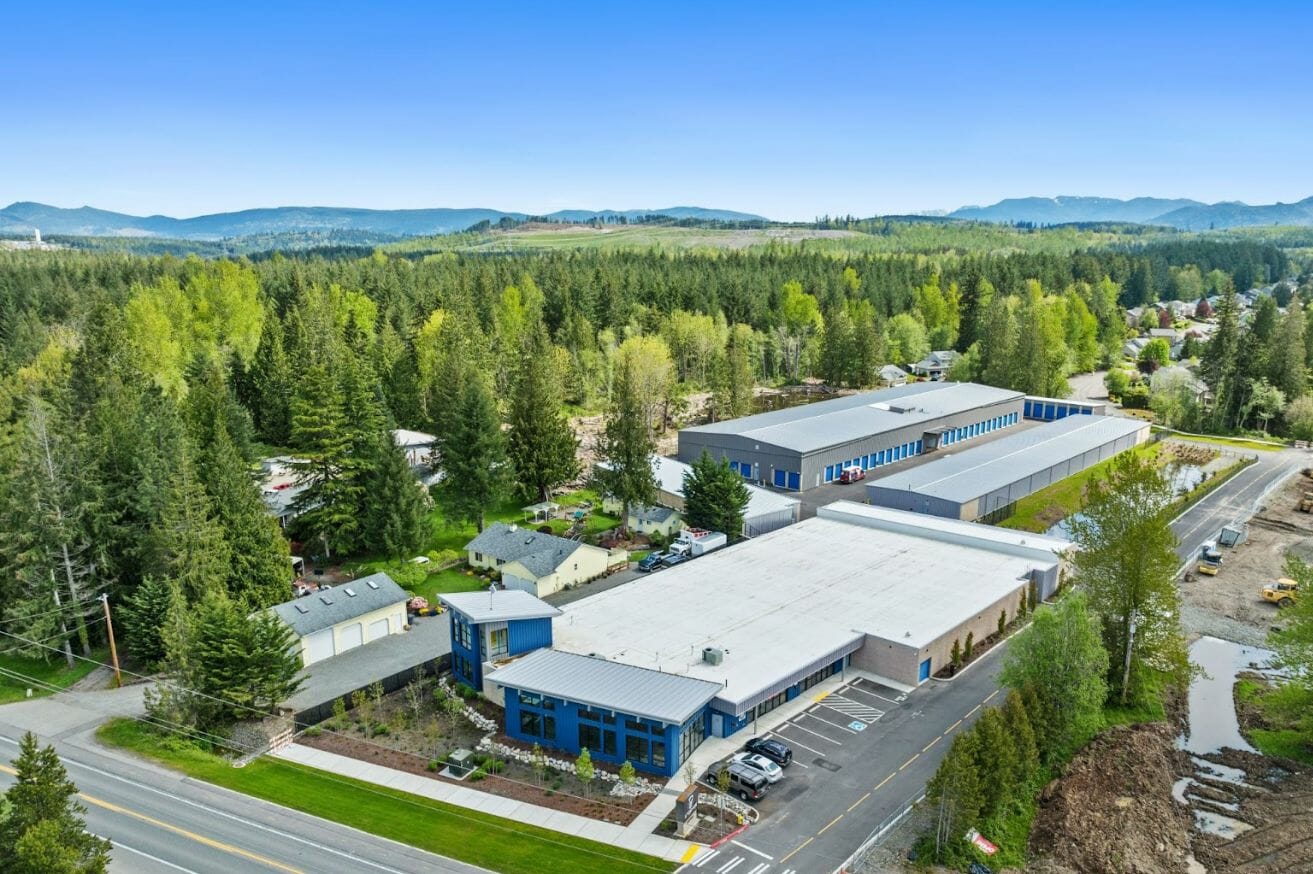Why Large Self-Storage Operators are Positioned to Thrive

There’s no doubt about it. The storage industry, at large, is facing headwinds. The last few years have been a boon to self-storage operators, with rates and occupancies shooting through the roof. Last summer, the national average cost for a unit hit record peaks.
Now, that moment has passed. We are seeing softening rates, dropping occupancies, and more competition than ever.
With all three challenges presenting simultaneously, the coming months will likely be difficult for smaller operators. Larger, established operators, on the other hand, are poised to fare better. That’s because they have three powerful tools at their disposal: economies of scale, deep relationships, and fortified financials.
Synergy at Scale
Larger operators, by definition, have more properties. This, in turn, means more resources and the opportunity to tap into economies of scale. If facilities are co-located in a geographic area, it is easy to share assets — from managers and maintenance technicians to third-party contractors and physical resources.
More established operators are also in a stronger position to generate leads. With marketing dollars spread across multiple properties in geographic areas, each dollar of marketing spend can benefit several facilities.
Lastly, with more scale comes more buying power. This equates to an improved cost structure. When an operator is making major acquisitions, the price per door is much less. This frees up dollars for increased marketing, lower rates, and more effective promotions, enabling larger operators to be more competitive in our current economy.
Deep Ties, Strong Growth
The second point in more established operators’ favor is their network of connections within the industry. Relationships always matter. But when things get tough, they really matter. The deeper an operator’s ties are, the more they can leverage those relationships.
Most brokers will only bring off-market deals to operators they trust and have done a high volume of business with. Vendors are going to prioritize providing materials and services to their largest accounts. Top talent will go to the operators with the best benefits and salaries — and the teams where they already know someone.
When the pressure is on, it pays to have connections. These relationships and the advantages they bring will enable larger, more established operators to adapt and thrive, even as they face harsh conditions in the market.
When Cash is King
Finally, established operators will, for the most part, have more robust overall financials and access to financial resources than smaller operators.
A significant percentage of larger operators own their properties in a fund structure. This enables them to have excess cash available and a fortified balance sheet. As a result, larger operators are more likely to have lines of credit and other cash-equivalent resources.
These can allow them to cover shortfalls whenever they appear. In addition, this liquidity can enable operators to contribute more cash to marketing and staff budgets, increasing their competitive edge in the marketplace.
When lenders pull back and limit the loans they extend, they tend to pick borrowers with the lowest risk. Larger operators have more robust balance sheets, high cash equivalents, and more properties to collateralize. That translates to superior options for acquisitions and refinancing.
Pulling Ahead
With the economy showing signs of decline, established operators will be in a position to come out ahead. Through economies of scale, larger operators can support operations, marketing, and personnel more effectively.
Their relationships in the industry will unlock access to better deal flow, pricing, and talent. Plus, with stronger financials, more established operators will have the capital needed to weather a downturn.
As we consider the current economic landscape, we’re doubling down on our business model at Spartan Investment Group. We’re continuing to invest in our vertically-integrated team. We’re leveraging our deep ties in the field to secure capital and property at attractive rates. And we’re harnessing the fund model to acquire and build facilities in thriving markets nationwide.
In a challenging economy, investing in real estate assets can help spread out risk and provide a hedge against inflation.
Want to know how Spartan Investment Group can help? Schedule a call with a member of our Investor Relations (IR) team.
Published by Scott Lewis, CEO




